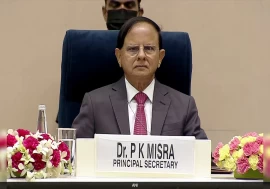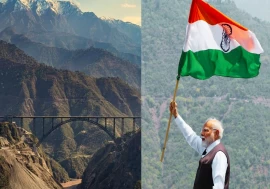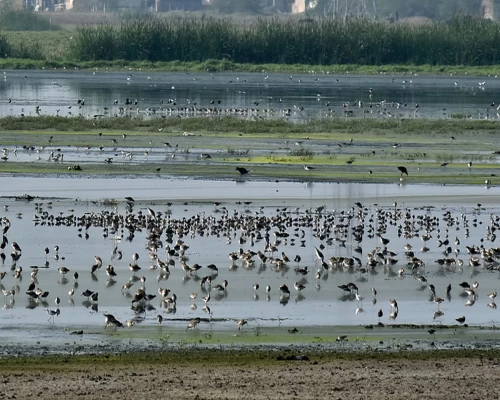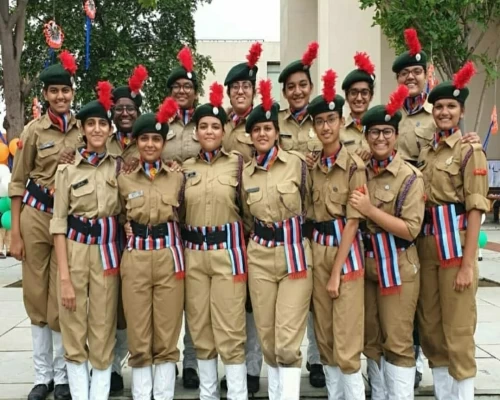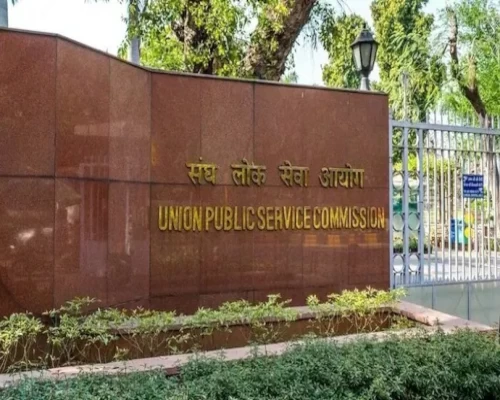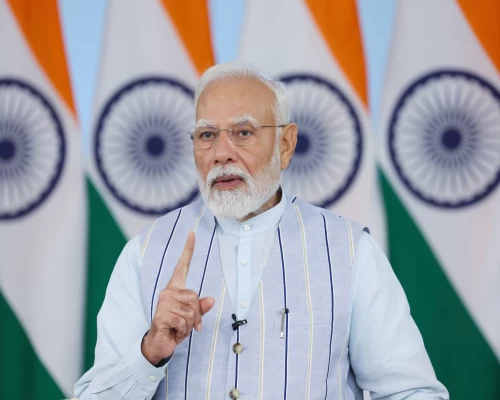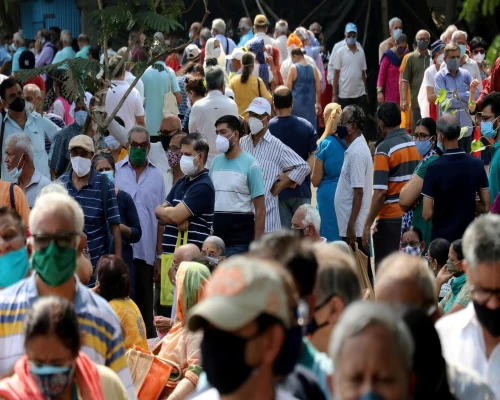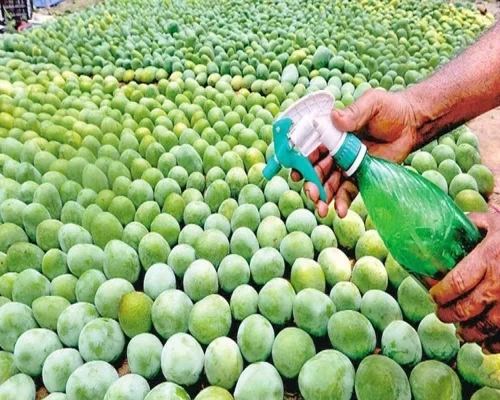
Home to almost one-fifth of the world’s children, India is one of the few lucky countries blessed with a young population in a comparatively ageing world. This section of the population, however, requires nurturing and protection. Unfortunately, children have not received the attention they deserve. They are politically unimportant as they can’t vote and are financially dependent. They are completely dependent upon adults to raise their issues and to make them heard by the people in power.
Given that children trust easily, they are vulnerable in all stages of childhood and become easy victims of crimes ranging from physical to sexual abuse. According to the National Crime Records Bureau (NCRB), every hour, 18 crimes against children were reported in India in 2022. What is more disappointing is the fact that every third crime against a child was registered under the Prevention of Children from Sexual Offences (POCSO) Act where the accused were not limited to just acquaintances but even included biological fathers. More than 10 million children aged 5-14, the highest in the world, are engaged in child labour in India (Census 2011).
The big question is why. Why have child rights been elusive despite children having specific fundamental rights and protection under the Directive Principles of State Policy? Why despite legal enactments such as the Juvenile Justice (Care and Protection of Children) Act 2015; POCSO Act 2012; Prohibition of Child Marriage Act, 2006 and Child Labour (Prohibition and Regulation) Amendment Act, 2016, are children suffering? In my short experience in the field as a police officer, I have tried to find some answers to these questions.
Why children continue to suffer
First, crimes related to children do not receive attention. The focus in crime meetings and in reviews of district and state’s performance even at the highest level is on major crime heads like murder, loot, dacoity, rape, etc. Children are nowhere in the picture until the district head deems crimes against children important or a particular case becomes sensitive owing to the social status, caste or religion of the child concerned. This failure is reflected in the number of missing children. More than 47,000 children are yet to be traced as of December 2022 and many rescued children whose families could not be traced are currently housed in childcare institutions. A small but coordinated effort by national and state agencies is required to yield good results.
Second, poor implementation of child-specific laws. Despite being mandated by the JJ Act, police stations with child-friendly rooms rarely appear. Overcrowded childcare institutions with poor rehabilitation and reintegration services frequently make news headlines. The very high numbers of child workers, child beggars, and child marriages raise questions about the working of Special Juvenile Police Units set up under the JJ Act. Analysis of POCSO cases after 10 years of enactment of the law by an independent think tank revealed that 43.44 per cent of trials ended in acquittals and only 14.03 per cent led to convictions. As most POCSO cases involve family members or someone known as the accused, there is huge pressure on child victims to turn hostile. The procedures are also not child-friendly. The lack of sensitivity of the entire criminal justice system aggravates the suffering of the child.
Making children a priority
The first thing which needs to be done is to “pin” child-related issues on top of our priority lest we miss them on the pretext of “other important issues”. Reviews of states’ and districts’ performance should also mandatorily include performance on children-related crimes so as to wake up the entire system from slumber.
Some legislative and procedural changes may also be made to make our laws more effective. For instance, as most of the POCSO cases involve cases of elopement of children falling in the age bracket of 16-18 years where children are more victims of lack of legal knowledge than perpetrators of crime, a special provision can be made in this regard. To make it convenient for children, one-stop centres for child victims can be set up on the lines of Nirbhaya centres where medical facilities, statements under Section 183 of the BNSS, counselling and legal assistance are provided under one roof. Children need not have to go through the usual court procedures. In order to improve conviction, the Uttar Pradesh model can be followed where such cases are monitored at the highest level and gazetted officers are assigned a couple of these cases to ensure follow-up and instil a sense of security in the victims.
Similarly, child-friendly spaces and child welfare officers at police stations are made a reality now through the insertion of punitive measures for not implementing the JJ Act provisions and JJ rules. To improve the functioning of childcare Institutions (CCI), there should be mandatory joint inspection by DM and SP and by no other delegated officers. A provision should also be made for hand-holding and mentoring of children once they move out of CCI to prevent their falling back into delinquency. Coordination can be done with schools and ITIs to make them financially independent in future.
Besides these, sensitisation and training of all stakeholders, extensive children’s outreach programmes by police, and the formation of village protection committees can help us strengthen the child protection framework in our country.
On Bal Diwas, let’s promise our children that we will do whatever it takes to give them a safe, secure environment to grow. Because it is they who will shape our nation’s destiny, it is they who will ultimately help us realise the vision of Viksit Bharat by 2047.
Source - Indian Express
Also Read:


